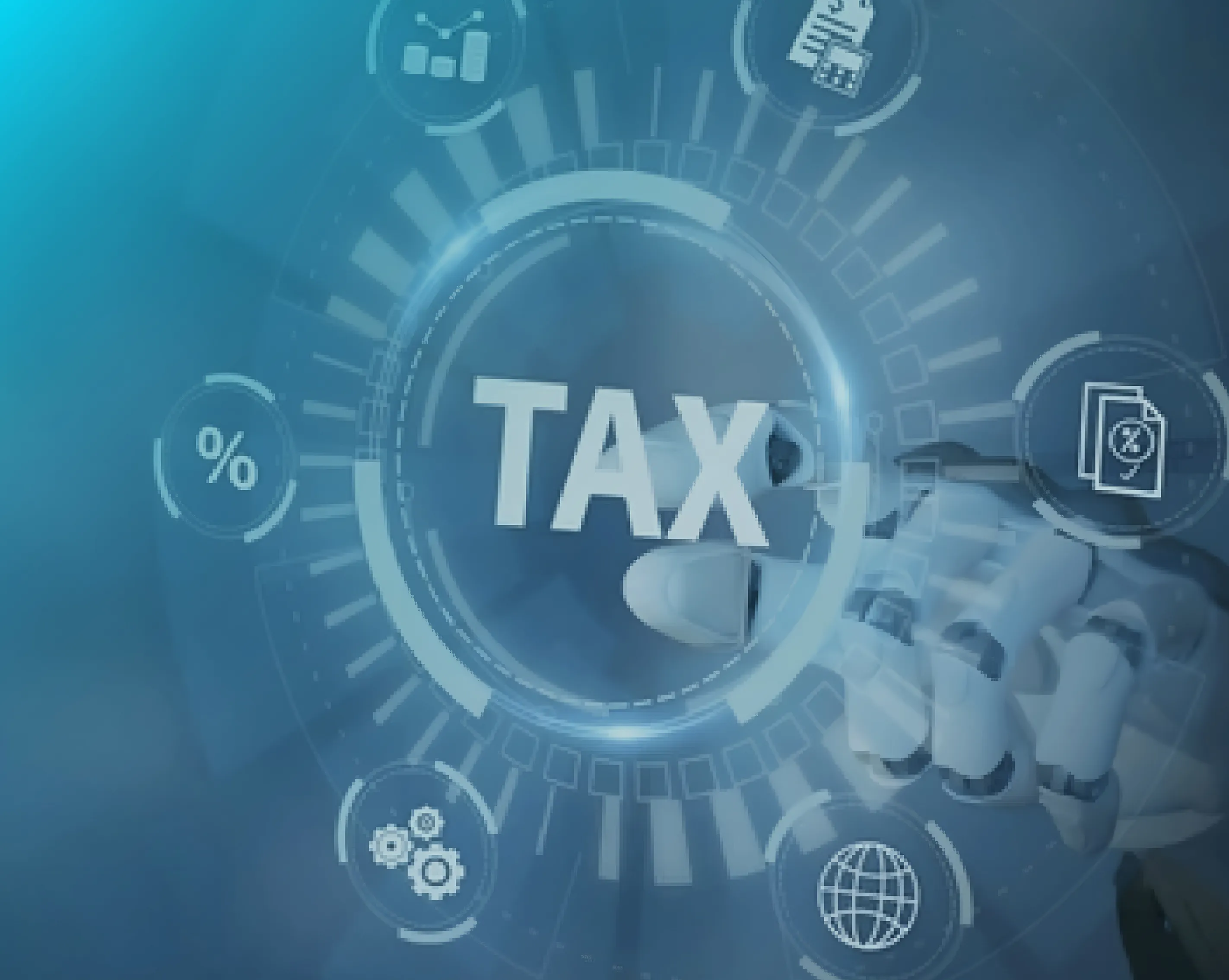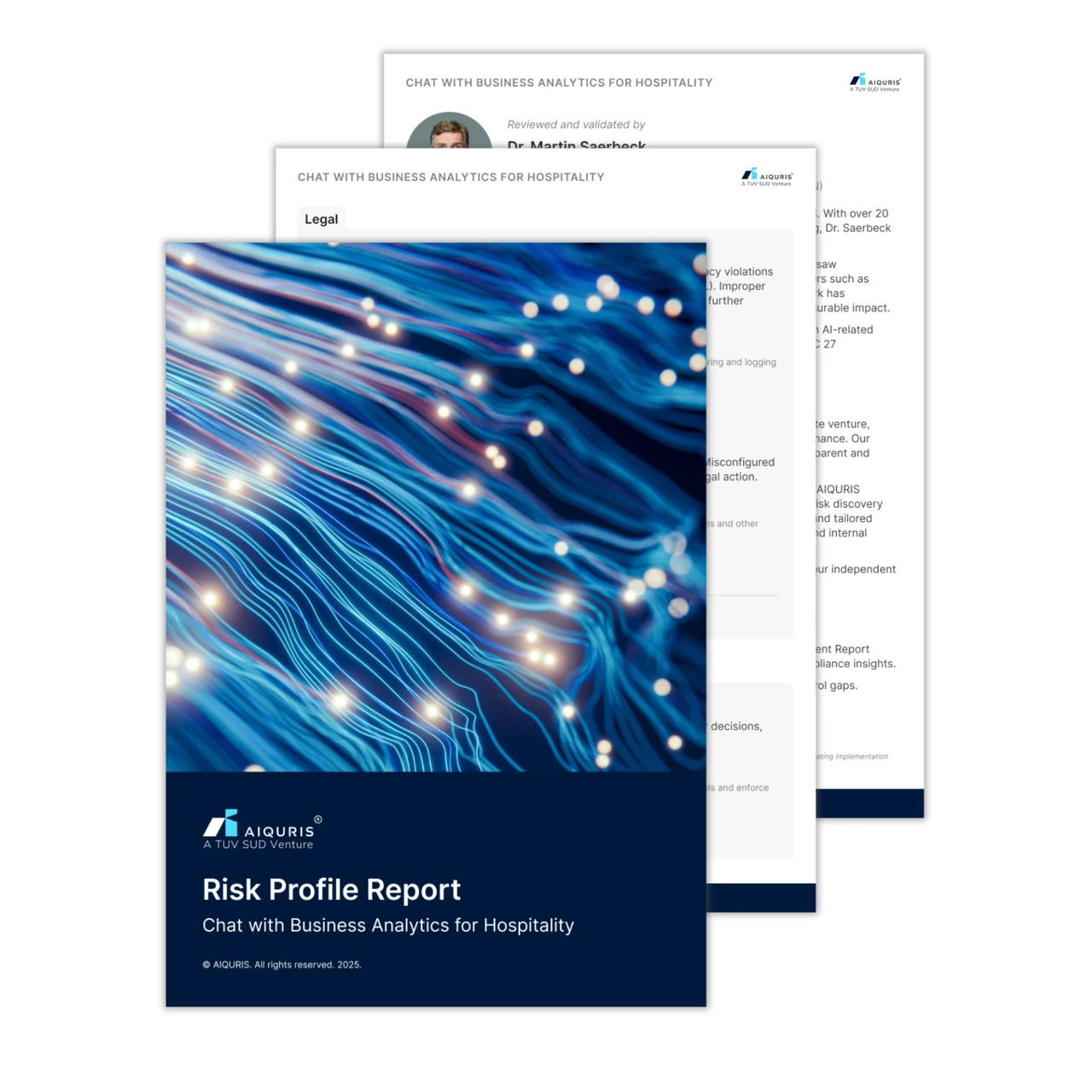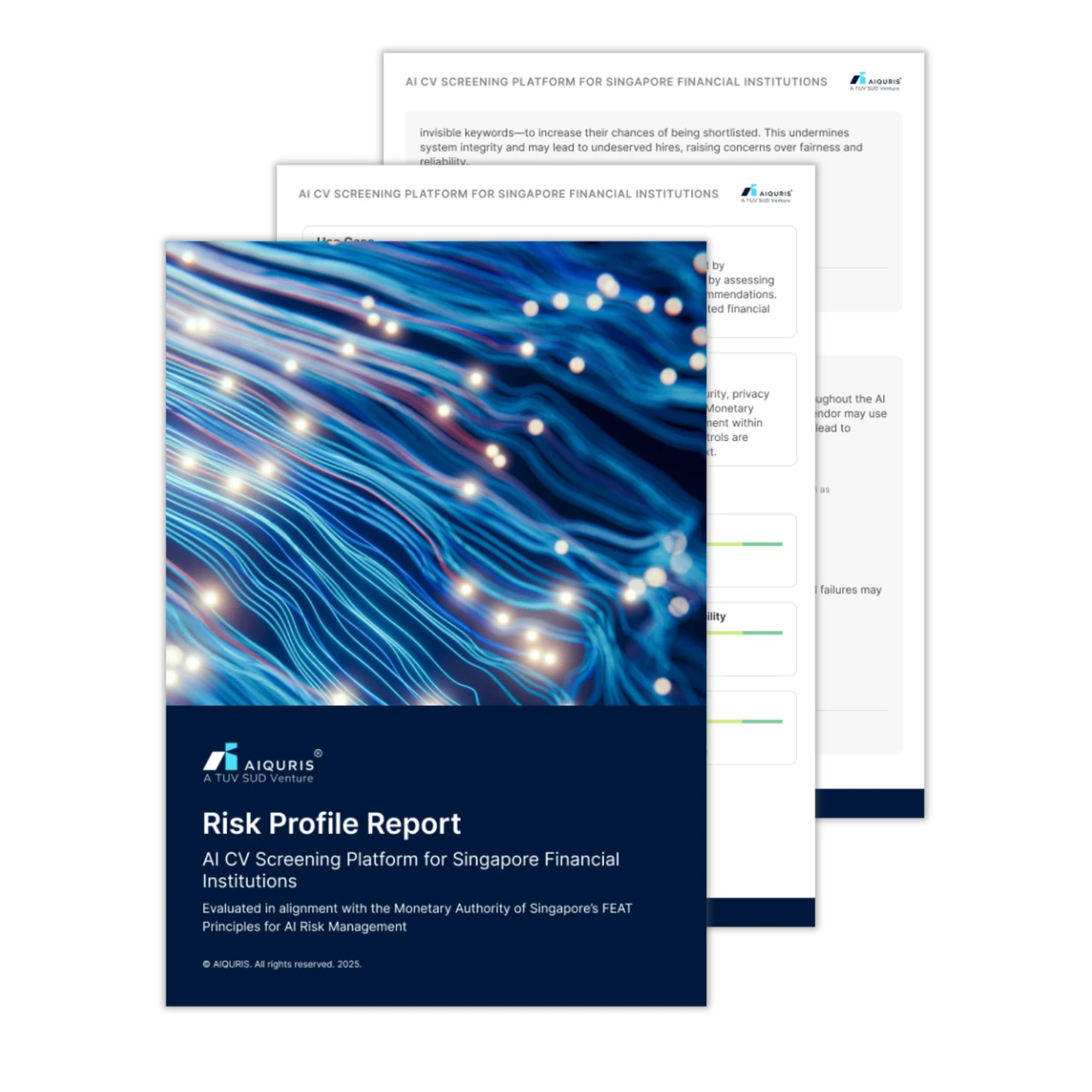The Rise of AI in Automated Tax Audits
Artificial Intelligence (AI) is revolutionising tax compliance by automating audits, reducing errors, and ensuring organisations remain aligned with evolving regulatory frameworks. As tax authorities such as the IRS and HMRC adopt AI to identify potential fraud and tax gaps, businesses must also integrate AI-powered solutions to enhance audit accuracy and efficiency.
AIQURIS offers risk profiling across six key pillars, automates AI compliance, and integrates AI governance assessments to ensure regulatory alignment in tax automation.
Traditional vs AI-Powered Tax Audit Processes
The shift from traditional tax audits to AI-driven processes significantly reduces errors, speeds up compliance, and lowers costs. Here’s a breakdown of the transformation:
| Aspect | Traditional Process | AI-Powered Process |
| Data Collection | Manual gathering from multiple sources | Automated extraction from databases |
| Data Analysis | Time-intensive, prone to errors | Rapid analysis using AI algorithms |
| Error Detection | Relies on human review | Continuous anomaly detection |
| Completion Time | Weeks or months | Days or hours |
| Cost Efficiency | High operational costs | Reduced labour and compliance costs |
According to a Kiplinger article, the IRS plans to use AI to identify potential violations on high-income tax returns, aiming to reduce the substantial $688 billion tax gap. This capability allows tax authorities to analyse vast amounts of data quickly, flagging suspicious activities and ensuring compliance more effectively than ever before1.
Key Benefits of AI in Automated Audits
- Efficiency: AI algorithms process vast tax datasets in minutes, minimising audit delays.
- Accuracy: AI eliminates manual errors, improving compliance rates.
- Cost Reduction: Automating audits saves operational costs and reduces non-compliance penalties.
Enhancing Tax Compliance with AI
AI does more than automate audits, it proactively ensures compliance by tracking regulatory changes in real time. The U.S. Government Accountability Office highlights that AI can assist the IRS in identifying taxpayers who may skip payment or fail to comply with tax laws2. This proactive approach means that organisations utilising AI solutions can better navigate complex tax environments while maintaining adherence to regulations.
How AI Strengthens Tax Compliance
- Regulatory Tracking: AI continuously monitors and updates businesses on tax law changes.
- Automated Data Management: Tax professionals can shift focus from repetitive tasks to strategic planning3.
- Improved Accuracy: AI detects anomalies before they lead to compliance failures.
AIQURIS enables CIOs to measure AI governance maturity, track AI adoption risks, and align compliance with industry frameworks such as ISO 27701, GDPR, and SOC 2.
AI in Tax Reporting: Accuracy & Transparency
AI-driven tax reporting simplifies financial processes by automating complex calculations and ensuring compliance. Additionally, AI-driven tools enhance visibility into tax status and provide timely insights necessary for accurate filings4. Companies leveraging AI technology experience improved workflows and greater transparency, which are essential for meeting stakeholder expectations.
Benefits of AI in Tax Reporting
- Automated Filing: AI reduces the risk of missed deadlines and late penalties.
- Predictive Insights: AI analyses financial patterns to optimise tax strategies.
- Risk Management: AI tools flag discrepancies before tax authorities conduct audits.
AIQURIS provides real-time compliance tracking and audit readiness solutions, ensuring AI-powered tax systems adhere to globally recognised standards such as ISO/IEC 42001, ISO/IEC 27701, and the EU AI Act, among others.
Integrating AI into Tax Strategy: The Role of AIQURIS
As organisations increasingly leverage AI for tax automation, IT and compliance leaders must adopt structured AI governance to mitigate risks. AIQURIS dynamically tracks evolving AI regulations and translates them into structured governance requirements, ensuring businesses stay ahead of compliance risks.
Key Regulatory Frameworks for AI-Driven Tax Compliance
- ISO/IEC 42001 – AI Management Systems: Provides governance best practices for AI accountability.
- ISO/IEC 27701 – Privacy Information Management: Defines AI-driven data privacy controls.
- EU AI Act & GDPR: Enforces transparency, fairness, and security in high-risk AI applications.
AIQURIS dynamically tracks AI regulations, mitigating compliance risks and ensuring audit readiness for organisations adopting AI-powered tax systems.
Conclusion: The Future of AI in Tax Compliance
AI is reshaping tax compliance by automating audits, enhancing transparency, and ensuring businesses remain ahead of regulatory changes. However, adopting AI without a structured governance framework can lead to security risks, biased decision-making, and non-compliance penalties.
AIQURIS provides the governance, compliance, and risk mitigation strategies businesses need to deploy AI-powered tax solutions responsibly.
Learn how AIQURIS can enhance your organisation’s AI tax compliance strategy. Get in touch today!






